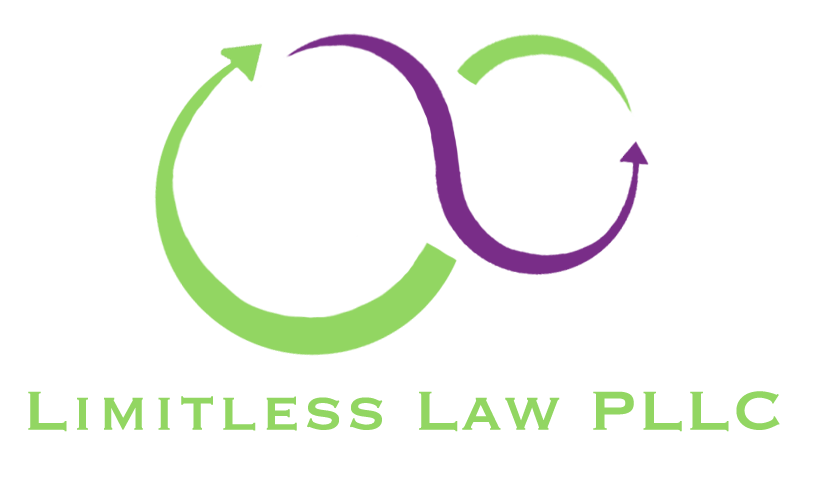Washington State Estate Tax: Spousal Personal Residence Exclusion

When planning for your estate in Washington State, one of the key considerations is how the Washington State estate tax applies — and how to minimize its impact on your loved ones. While Washington has one of the highest estate tax rates in the country (up to 20%), it also offers some important opportunities for relief. One of these is the Spousal Personal Residence Exclusion.
What is the Spousal Personal Residence Exclusion?
The Spousal Personal Residence Exclusion allows certain estates to exclude up to $2.5 million of the value of a decedent's personal residence from the Washington State estate tax if the property is left to the surviving spouse (or to a qualifying trust for the surviving spouse). This exclusion is unique to Washington State and can significantly reduce or even eliminate a couple's estate tax liability.
Important points to know:
- The residence must have been used by the deceased spouse as a personal residence.
- The surviving spouse must receive the property outright or through a qualified trust (like a QTIP trust).
- Only one personal residence qualifies — not multiple properties.
- The exclusion can apply even if the surviving spouse is not a U.S. citizen, provided certain trust requirements are met.
How It Works in Practice
Suppose a Washington resident dies in 2025 with an estate valued at $4 million, and $2.5 million of that value is attributable to their primary home. If the home passes to their surviving spouse, the estate can claim the spousal personal residence exclusion and effectively remove the $2.5 million home value from the taxable estate.
This could reduce the estate's taxable value to $1.5 million, well below the Washington State exemption amount of approximately $2.193 million (as adjusted for inflation). As a result, no estate tax would be owed.
Without the exclusion, the estate would have been over the threshold and owed Washington estate taxes.
Key Requirements
- Documentation: The personal residence exclusion must be properly claimed on the Washington State Estate and Transfer Tax Return.
- Residency: The deceased must have been a Washington resident.
- Property Use: The property must have been used as a personal residence, not solely an investment or rental property.
- Filing Deadline: Washington requires the estate tax return to be filed within nine months of the date of death.
Careful documentation and proper structuring are essential to successfully claim the exclusion.
Planning Considerations
The spousal personal residence exclusion is a powerful tool, but it requires proactive planning. Here are some strategies to consider:
- Review Property Ownership: Ensure that titles and beneficiary designations align with your estate plan.
- Establish a Qualified Trust: For non-citizen spouses, setting up a Qualified Domestic Trust (QDOT) is often necessary.
- Coordinate with Federal Planning: Washington’s estate tax laws are separate from federal estate tax laws, so plans must be crafted to address both systems.
- Maintain Good Records: Retain evidence that the property was used as a personal residence.
Washington’s estate tax rules are complex, but the Spousal Personal Residence Exclusion can offer major savings for families who plan carefully. If you are married and own a home in Washington, incorporating this exclusion into your estate planning could be crucial to protecting your wealth and ensuring your loved ones aren't burdened with unnecessary taxes.
If you’d like to learn more about how this exclusion could benefit you, or if you need help creating an estate plan tailored to your goals, contact our office. Limitless Law's experienced estate planning team is ready to guide you every step of the way. You are welcome to contact us to schedule your strategy session with our attorney. Call 360-685-0145 or click here to learn more.
This blog post is for informational purposes only and does not constitute legal advice. If you have questions about your own legal rights and options, please contact the knowledgeable team at Limitless Law PLLC to schedule a strategy session with our attorney. Call 360-685-0145 or click here to learn more.






